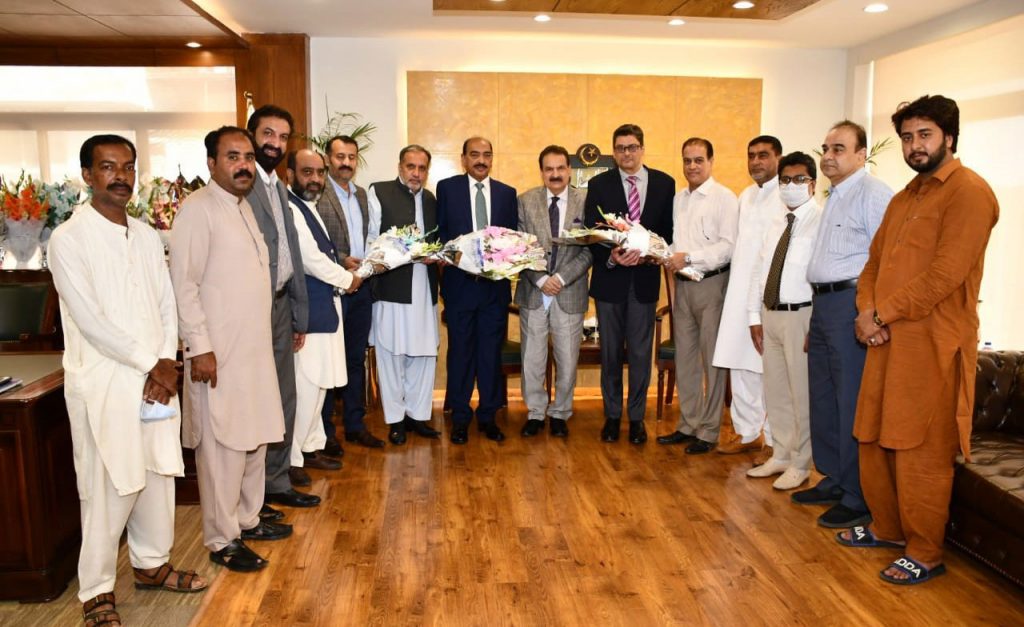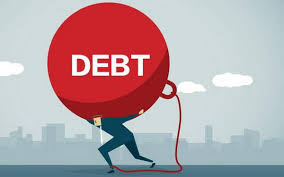ISLAMABAD ( Web News )
Muhammad Shakeel Munir, President, Islamabad Chamber of Commerce and Industry, said that the central government’s total debt has increased by more than 11 per cent in the last one year, which should be a matter of great concerns for the policymakers as the rising debt burden would consume most of the country’s financial resources on debt servicing and leave insufficient budget for development projects that would badly affect the economic growth of the country. He emphasized that the government should formulate a comprehensive strategy to get rid of the debt burden as rising debt would create multiple problems for the country’s economic future. He said this while addressing a delegation of the business community during its visit to ICCI. Mian Akram Farid Chairman Founder Group was also present at the occasion. Muhammad Shamim, Ahmed Khan, Zahid Hamid, Haji Nisar Langa and others were in the delegation.

Muhammad Shakeel Munir said that total debt of the central government has surged from Rs.35.66 trillion in August 2020 to over Rs.39.77 trillion August 2021, which was not a healthy trend. He said that the external debt has also increased from Rs.12.123 trillion in August 2020 to Rs.13.436 trillion in August 2021 showing an increase of over Rs.1.3 trillion during the last one year. These trends showed that our country was sinking into a serious debt trap and things have reached to such a point that the government has to borrow to repay the interest on loans which was very worrying. He urged that the government should reduce its reliance on loans and try to run the economy with indigenous resources. He further stressed that the government should devise a comprehensive strategy to get rid of the debt burden so that with reliance on indigenous resources, Pakistan could move towards sustainable economic growth.
Jamshed Akhtar Sheikh Senior Vice President and Muhammad Faheem Khan Vice President ICCI said that the price of electricity in Pakistan was already very high as compared to regional countries, which had increased the cost of doing business manifold besides raising inflation. In these conditions, the government should have focused on providing cheap electricity to the business community to lower the production cost and boost business activities. However, he said that the NEPRA has further increased the electricity tariff by Rs.2.97 per unit from the first October, which will further increase the cost of doing business and create more problems for the economy. They said that the electricity was a basic raw material for many industries including steel and marble, so the high cost of electricity would multiply the production cost, make our products more expensive and exports uncompetitive in the global market. They appealed to the government to refrain from taking measures that would increase the difficulties of business class and focus on promoting ease of doing business so that business activities could flourish and our country could come out of difficulties to march on the path of progress and prosperity.

